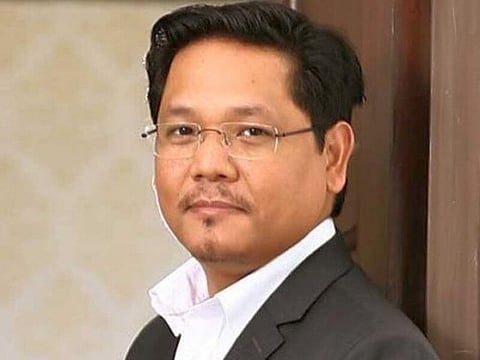
- Home
- Live Blog
- Breaking News
- Top Headlines
- Cities
- NE News
- Sentinel Media
- Sports
- Education
- Jobs

SHILLONG: In a significant development over the coal mining sector in Meghalaya, Chief Minister Conrad Sangma on Thursday announced that the state government has received 36 applications to initiate scientific coal mining in the state. Speaking in the Assembly, Sangma gave an exhaustive update on the development, stating four of these proposals have secured prior approval for mining lease. Meanwhile, thirteen others are standing at the threshold of this next phase, as they have obtained the provisional license to prospect.
All the same, the journey to scientific mining in Meghalaya has been an uphill task, as any application goes through intense scrutiny by the authorities to see that environmental and legal requirements are met. To this, Sangma said that of the total number of applications, sixteen are yet to be approved for a prospecting license and three have already been withdrawn, indicating how serious the state is in making sure that its decisions are not given away easily.
Follow-up in the form of submission of a detailed mine plan has already been received in respect of four of these clearances, which are under consideration by the concerned authorities. This is a major stride towards making coal mining in Meghalaya more sustainable and scientifically managed.
Chief Minister Sangma also sought to dispel the reported illegitimate mining in the state, most conspicuously the notorious rat-hole mining method. He unequivocally said such methods cannot and will not be classified as scientific mining, reiterating the government's stand on promoting only those mining activities that are in compliance with the laid-down norms.
This, in fact, reinforces the commitment on the part of the government towards sustainable mining as Sangma explained that the minimum area required for granting a prospecting license by the Government of India is 100 hectares. This forms part of the larger framework aimed at the conduct of coal mining in Meghalaya in an environmentally responsible and scientifically sound manner.
Approvals, with regular reviews, become indicative of caution with determination in view of the state negotiating the complexities in transiting to scientific mining. The government thus attempts a balancing act between keeping the economic interests and preservation of the environment going in order to set an example for other regions facing similar challenges.
ALSO READ:
ALSO WATCH: